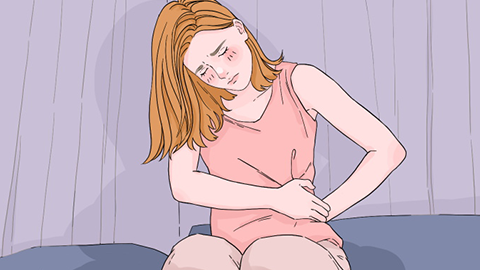Why does my vagina become extremely itchy after having sex with my husband every time?
Severe vaginal itching after intercourse may be caused by semen irritation, poor hygiene, vulvovaginal candidiasis, trichomoniasis, bacterial vaginosis, or other conditions. Symptoms can be improved through proper cleaning, habit adjustments, and medication. If itching persists or is accompanied by abnormal discharge, prompt medical attention is recommended.
1. Semen irritation: Women with sensitive constitutions may experience temporary itching due to mucosal irritation from components in semen. Symptoms usually subside after cleaning. It is recommended to wash the external genital area with warm water after intercourse, keep the area dry, and avoid excessive douching inside the vagina.
2. Inadequate hygiene: Failure to clean the external genitalia before intercourse can leave behind bacteria and dirt that irritate the vagina, possibly causing mild redness and swelling of the vulva. It is advised to thoroughly clean the external genital area before and after intercourse, frequently change into clean cotton, breathable underwear, and maintain local cleanliness and dryness.

3. Vulvovaginal candidiasis: Inflammation caused by Candida infection may worsen after intercourse due to changes in the vaginal environment, accompanied by curd-like discharge and vulvar burning or pain. It is recommended to use antifungal medications such as clotrimazole suppositories, miconazole nitrate cream, or fluconazole capsules under medical guidance to relieve symptoms.
4. Trichomoniasis: Caused by the parasite *Trichomonas vaginalis* transmitted through sexual activity, this infection leads to itching, along with yellow-green frothy discharge and a strong odor. Treatment may include metronidazole suppositories, tinidazole tablets, or compound Huangbai lotion, as directed by a healthcare provider.
5. Bacterial vaginosis: Resulting from imbalance in vaginal flora leading to overgrowth of anaerobic bacteria, itching may intensify after intercourse, accompanied by thin, grayish-white discharge and a fishy odor. Follow medical advice to use medications such as metronidazole gel, clindamycin cream, or ornidazole dispersible tablets to manage symptoms.
Maintain cleanliness and dryness of the vulva, avoid using irritating cleansers, eat a light diet avoiding spicy and greasy foods, practice safe sex, maintain regular作息 (sleep patterns), strengthen immunity, and reduce the occurrence of discomfort.





